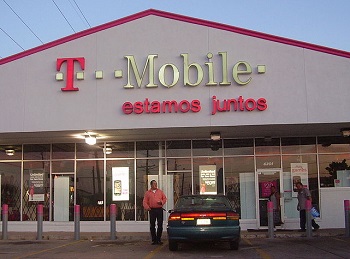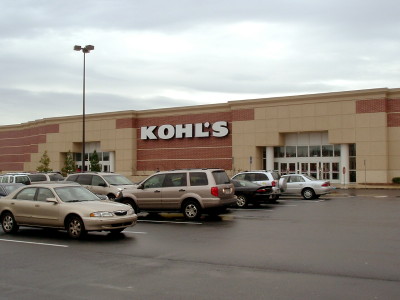During times of congestion, the phone data is given priority even for consumers paying for 4G tethering.
T-Mobile USA has revealed that it has started a practice of mobile hotspot throttling. This will occur at times when the network is heavily congested. The purpose is to give priority to smartphones and other mobile devices with data through the cellular network.
The company has been sending messages to advice customers about this recent change.
The website explained the mobile hotspot throttling by saying that “We just made your network better again. T-Mobile device data comes first. We’ve primed the network for on-device use.” The website went on to say “So now when there’s congestion, you may notice higher speeds for data on your T-Mobile devices versus Smartphone Mobile Hotspot (tethering).”
 When the network becomes heavily congested, the service will automatically give priority to on-device data. This, the company admits, will bring about slower tethering speeds. Those slower speeds will occur even for people who have paid for them.
When the network becomes heavily congested, the service will automatically give priority to on-device data. This, the company admits, will bring about slower tethering speeds. Those slower speeds will occur even for people who have paid for them.
The mobile hotspot throttling should keep smartphones moving fast but laptops will have a more sluggish connection.
The change has been made at the same time that T-Mobile has been working to encourage customers to switch to somewhat unlimited plans. They want people to use plans labeled as unlimited but that actually do have certain limitations applied to them. They are hoping the switch will occur to send people away from the data buckets.
The newly launched T-Mobile One plan does not have any coverage fees or data caps. However, it does have a throttle that reduces video to 1.5 Mbps. This makes it possible to enjoy about 480p resolution but not more. Moreover, when customers consume over 26 GB in a month, their data usage is throttled, as well when connecting to cell towers.
The standard plan through T-Mobile One has a monthly fee of $70. While those customers can connect to hotspots, it is throttled to 512 kbps no matter the time of day or congestion. This is considerably slower than the un-throttled 4G LTE mobile tethering download speeds from the company. Those typically run between 3 and 25 Mbps, but can run as high as 90 Mbps. T-Mobile One customers can pay an additional monthly $25 for faster hotspot use and high-def video, but even in that package is subject to the mobile hotspot throttling at congested times.

 Kohl’s Pay’s existence is not a surprise to many as the company had previously announced its intentions to expand its previous mobile wallet. The previous version had allowed consumers to collect rewards and promotions and save their payment data. This latest nationwide move has expanded the features and
Kohl’s Pay’s existence is not a surprise to many as the company had previously announced its intentions to expand its previous mobile wallet. The previous version had allowed consumers to collect rewards and promotions and save their payment data. This latest nationwide move has expanded the features and 